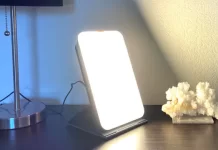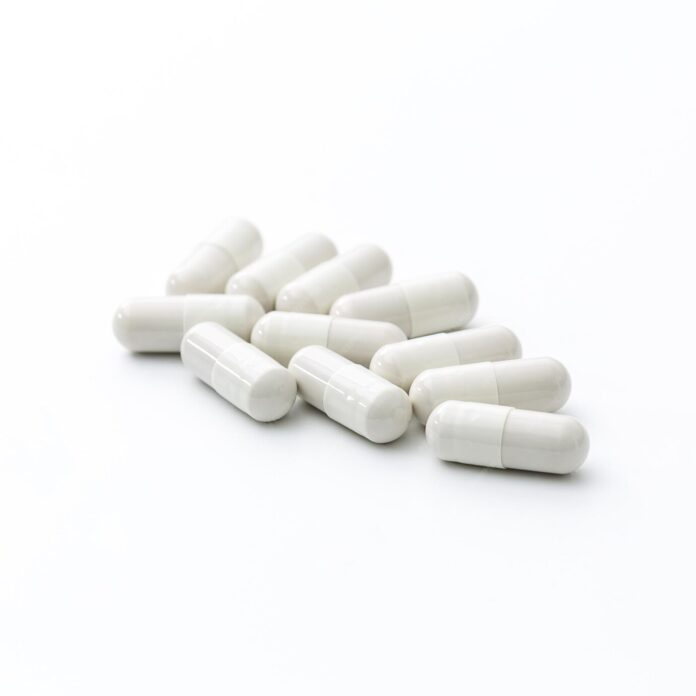A increasing number of studies suggests that microdosing psychedelics may have special benefits for those struggling with their mental health.
According to a recent study, psilocybin microdosing was associated with improvements in stress, anxiety, and depression symptoms when compared to non-microdosing individuals.
More thorough research is required to ascertain whether psychedelic microdosing could be beneficial in treating mental health disorders, even though psychedelic research is growing and the results appear encouraging.
A recent study reveals that regular, small-scale usage of the hallucinogenic drug psilocybin can enhance mood and mental health.
Those who received a microdose of psilocybin over a 30-day follow-up period reported “small- to medium-sized” improvements in their symptoms of stress, anxiety, and depression as compared to those who did not.
Benefits Of Microdosing For Mental Health
Microdosing is the practice of ingesting psychedelic compounds in quantities that are not significant enough to interfere with day-to-day functioning. The recommended dosage ranges from three to five times per week.
According to the 2021 Global Drug Survey (GDS), 1 in 4 psychedelic users reported microdosing LSD or psilocybin mushrooms within the previous year. Although these two compounds are most frequently used for microdosing, around one-third of psychedelic users also microdosed another psychedelic chemical, according to the poll.
Dustin Hines, PhD, an assistant professor of neuroscience in the psychology department at the University of Nevada, Las Vegas, noted that while most people think of a microdose as being very little, precisely identifying the quantity of that dose is a barrier for this kind of research.
He explained that the ideal microdose may differ from person to person and circumstance to circumstance. “When establishing a microdose, people are looking to have normal cognitive functioning—they can still carry out their work duties or other responsibilities without noticing a negative impact,” he added.
Participants in the new study performed several assessments on their mood and mental health and reported using psychedelic mushrooms in small doses recently. They also noted some improvements in these areas.
The stigma around magic mushrooms and other psychedelics
Although Dustin Hines is happy with the new study’s design and findings, he said that one thing that bothers him about studies like these is that more has to be done to convince the public that some of these psychedelic substances have advantages.
He claimed that although psilocybin and LSD have a low potential for addiction, especially when compared to legal substances like alcohol and tobacco, there is still a stigma against them that contributes to the issue.
According to Sherry Walling, PhD, a certified clinical psychologist and the host of the podcast Mind Curious, which examines the advantages of psychedelics for mental health, “these are not highly risky medications to microdose.” “There is very little risk of addiction and overdose.”
Since psilocybin is thought to have very low toxicity, deaths connected to the chemical are very rare. Consequently, scientists are looking into psychedelics as potential therapies.
Walling stated, “There’s a really nuanced story here about how substances can be incredibly healing but can also be dangerous to us.”
Conclusion
More study in the field of psychedelics is demonstrating the potential therapeutic benefits of microdosing drugs such as psilocybin.
Additional research is still necessary, especially when it comes to utilizing psychedelics as a treatment for anxiety, depression, or other mental health disorders, despite the potential benefits that have been observed.






























